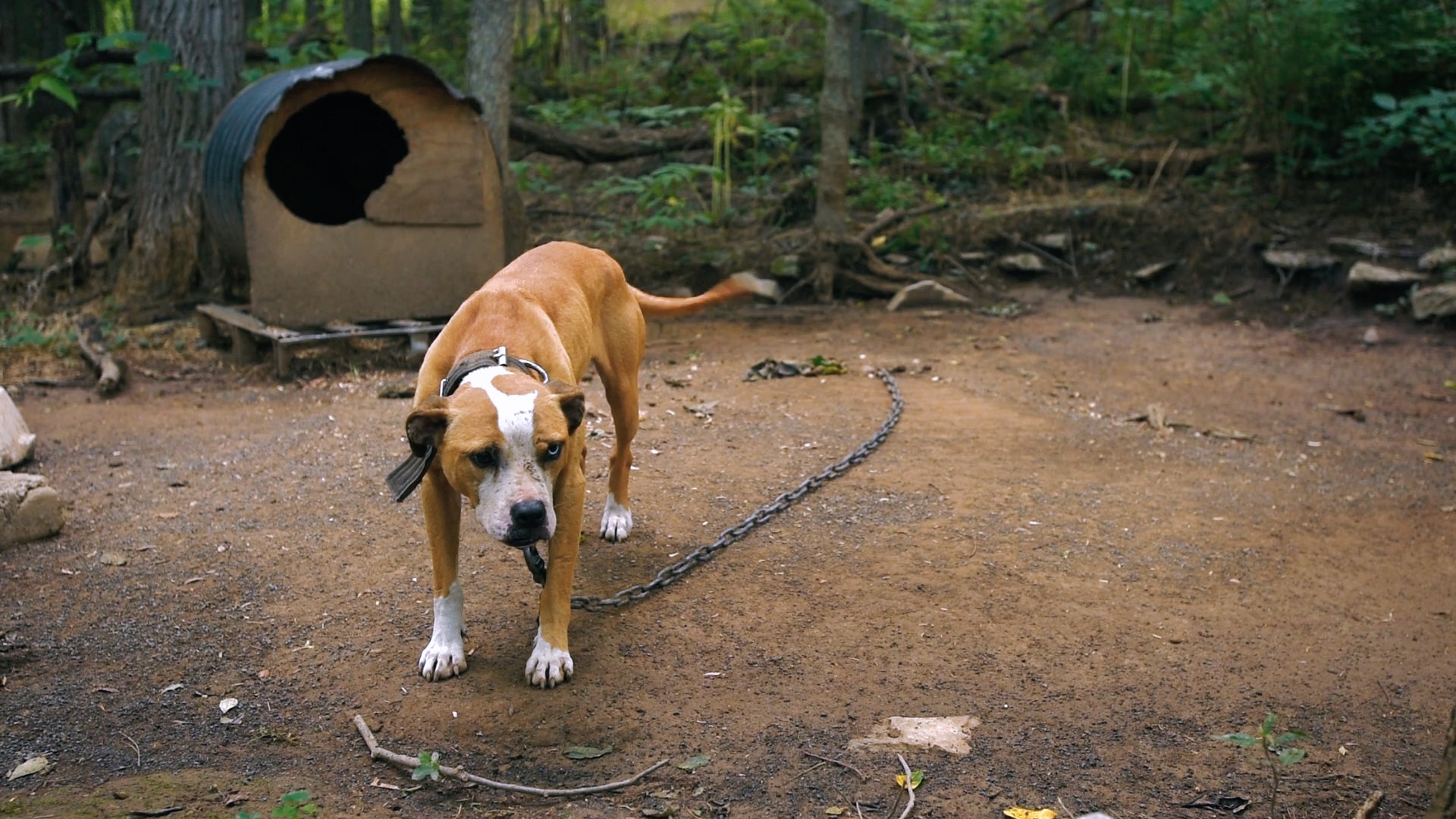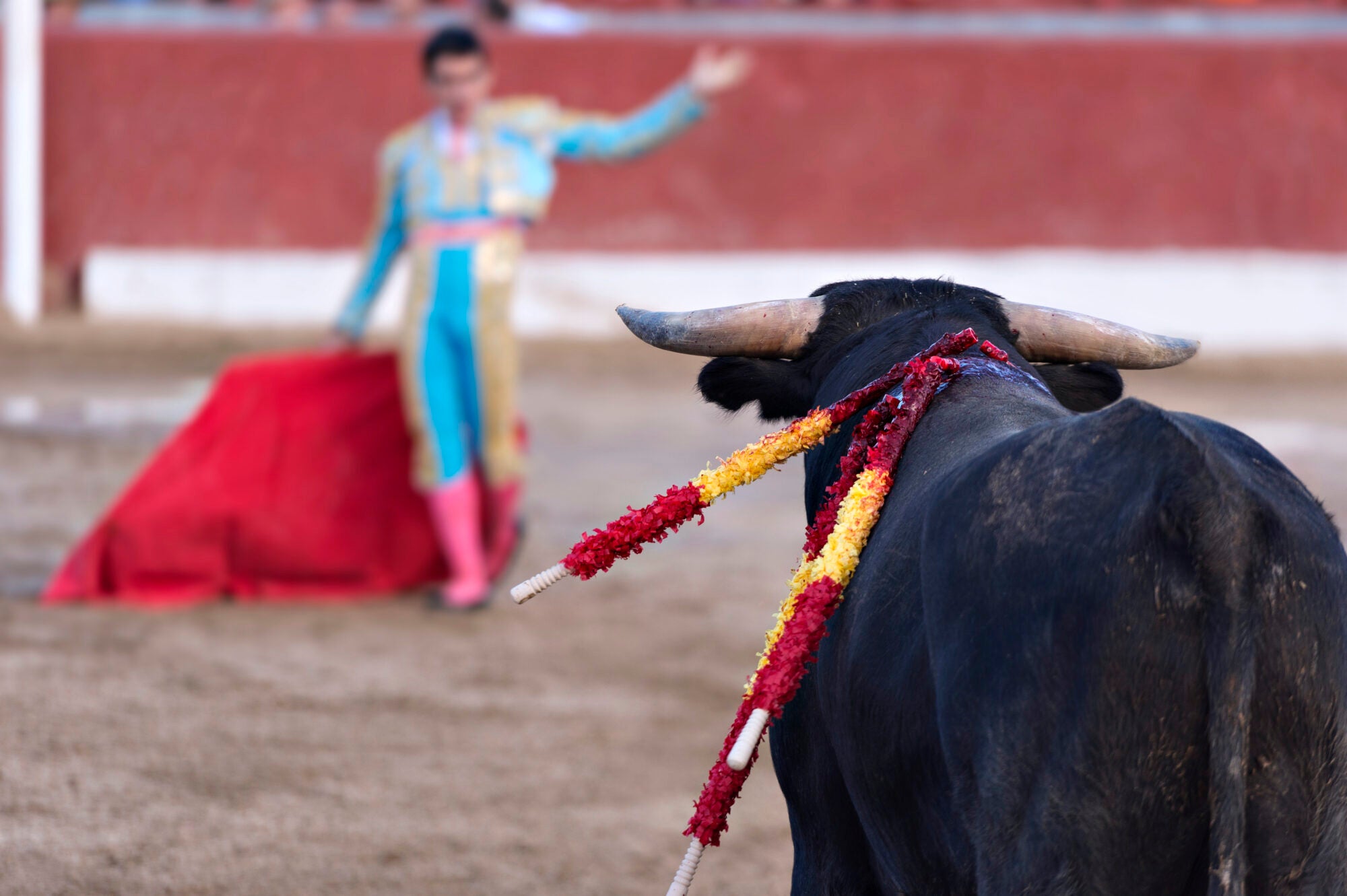
SAN JOSE, Costa Rica—The Inter-American Commission on Human Rights has rejected a complaint against Costa Rica for banning cockfights, in what animal protection organization Humane Society International called a great victory against animal fighting.
The complaint was presented by the National Association of Cockfighting Breeders in 2017, challenging the prohibition of cock breeding and fighting established in Costa Rican Animal Welfare Law, by alleging that they are a “cultural tradition” and a “human right”.
However, the Commission concluded that banning cockfights “pursues a legitimate purpose, which is the protection of the right to a healthy environment and the protection of fauna (…) and is necessary for the protection of roosters raised in private venues” The Commission added that the prohibition of cockfighting and animal breeding for fighting purposes is a legitimate and proportional restriction.
Andrea Borel, executive director of HSI/Latin America, said: “This is a great victory, both nationally and regionally, against cruel blood spectacles and sets an historical precedent for other fights against cruel shows involving animals. At HSI we strongly oppose cockfighting, which results in injury, suffering and death for the animals who are forced to fight. Such activities amount to animal abuse for entertainment and have no place in modern society.”
Cockfights are a bloody practice in which two or more birds bred specifically for fighting are placed in a ring, also known as a “cockpit”, for the sole purpose of fighting for human entertainment and gambling. A typical cockfight can last from several minutes to more than half an hour and generally results in the death of one or both birds. Birds suffer terribly from wounds inflicted by the use of sharp spurs attached to their feet. These spurs can be made from hawksbill, which is interrelated with other crimes such as wildlife trafficking, as it comes from the hawksbill turtle, a species in critical danger of extinction and protected by national and international legislation.
Natalia Cordoba, legal director of the Ministry of Foreign Affairs, said: “In this particular case, emphasis was placed from the beginning on the analysis that the Constitutional Chamber had previously carried out, as well as on the legitimacy and proportionality of the restriction questioned by the plaintiffs, as the IACHR ended up confirming. An unprecedented feature in this process was that various civil society organizations, including HSI joined in support of state action and the prohibition of cockfighting. As this decision was made by one of the main bodies for human rights protection in the region, we do not doubt its impact level on processes that protect the environment and animals.”
Since cockfighting is still legal or illegally practiced in many countries around the world, including India, Indonesia, the Philippines and parts of Mexico. HSI estimates that tens of millions of roosters suffer from this cruel and bloody practice globally.
ENDS
Media contact: Alejandra Zuniga, alezuniga@outlook.com



